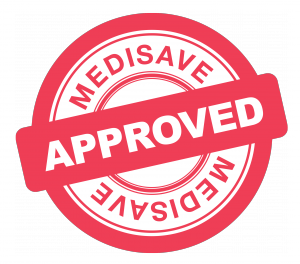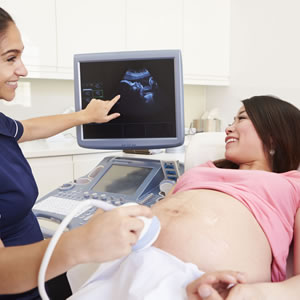
Cost of IVF
| USA | AUD15755.00 | |
| UK | AUD8020.00 | |
| Mexico | AUD6559.00 | |
| Thailand | AUD4989.00 | |
| Turkey | AUD3255.00 | |
| India | AUD2365.00 |
What is In Vitro Fertilization (IVF)?
In Vitro Fertilization, also known as IVF, is one of several assisted reproductive technologies used to help infertile couples conceive a child. The procedure involves harvesting eggs from a woman’s ovaries, and fertilizing them with sperm outside of the human body in a specialized laboratory. Once the eggs are fertilized, the resulting embryos are allowed to grow in a protected environment for some days before being placed into the woman’s uterus, in the hope that a successful pregnancy will follow.
The treatment is not recommended for patients over 45, as success rates are significantly reduced for patients over the age of 40, and patients with congenital or developed uterine abnormalities which prevents the embryo from implanting.
How does IVF work?
In an IVF treatment, hormones are usually given to stimulate the ovaries to produce more than the usual one egg per cycle. This is to enable the collection of several eggs. The development of the eggs is monitored by blood test and ultrasounds that ensure eggs are collected at precisely the right time.
An ultrasound probe is placed in the vagina whilst the woman is under light sedation when the time is right to collect the eggs. The ultrasound monitor will show where the follicles are within the ovaries and a fine needle is passed through the vaginal wall and into the ovaries. Each follicle (sac of fluid) in the ovary is pierced in order to collect its egg.
Several hours after the collection of the egg, the man will provide a sample of his semen. In a standard IVF treatment, the eggs are mixed with the sperm in a culture dish. For intracytoplasmic sperm injection (ICSI) treatment, one sperm is injected directly into the cytoplasm of each egg. If an egg is fertilized by a sperm, a zygote or pre-embryo will begin to develop. The pre-embryo will remain in the incubator for 2-5 days whilst it continues to grow and divide.
Once the embryos have grown to a pre-determined size, one or two of them will be transferred back into the woman’s uterus at the appropriate time in her menstrual cycle. This procedure involves passing a very fine plastic tube (catheter) through the cervix and into the uterine cavity under ultrasound guidance. An embryo transfer is very similar to a pap test. It is generally painless and usually involves no anaesthetic. Only one or two embryos are transferred at a time. 2-weeks after the transfer of the embryos, blood is taken and tested to determine if the woman is pregnant.
An IVF treatment is tailored to your specific needs by your fertility specialist. Most patients who undergo IVF are usually prescribed one of two main treatment protocols – Long Down Regulation, and Antagonist treatment cycles.
Long Down Regulation treatment
The Long Down Regulation treatment is the process of suppressing a woman’s natural hormones before fertility medications. Approximately 3-weeks after your period starts, you will have a blood test and commence pre-IVF treatment (GnRH analogue). A Synarel nasal spray, or Lucrin injection is performed to control your hormones before the fertility medication starts. Approximately 12-days later, another blood test will be taken to ensure your own hormones are low (or down regulated). You will then be given instructions on when to commence your daily hormone Follicle Stimulating Hormone (FSH) injections (Gonal-F or Puregon). You will continue taking the Synarel or Lucrin throughout this time. 5-days after you commence the FSH injections, you will have a blood test, and an ultrasound of your ovaries. You will be monitored closely with blood tests and ultrasounds until you have an optimum number and size of developed follicles. Once you are ready, your fertility specialist will then advise when you are able to have your hCG trigger injection, and schedule your egg collection for 36-hours later. After the egg collection, you will use supplemental progesterone, either as a vaginal gel, pessary, or subcutaneous injections, until your pregnancy test 2-weeks later.
Antagonist treatment
The Antagonist treatment uses injectable drugs to prevent premature ovulation. It is the most commonly used treatment protocol due to its shorter cycle, making it more convenient for patients and reduces the risk of hyper-stimulation. The treatment commences on the second day of your period. You will undergo a blood test. If all your hormone levels are low, you will be advised to commence Follicle Stimulating Hormone (FSH) injections (Gonal-F or Puregon) that same day. After 4-days of injections, you will then start a second injection (Cetrotide or Orgalutron) to switch off your own hormones and prevent the premature release of the eggs. You will then undergo a blood test and an ultrasound of your ovaries about 6-8 days after you commenced the FSH injections. You will be monitored closely with blood tests and ultrasounds until you have an optimum number and size of developed follicles. Once you are ready, your fertility specialist will use supplemental progesterone either as a vaginal gel, pessary, or subcutaneous injections, until your pregnancy test 2-weeks later.
How do I find the right specialist?
The best way is to speak to a few specialists, compare their past work and find out which surgeon you are most comfortable with. At Holiday Health, we can connect you to reputable and reliable specialists. We strongly suggest you take into consideration that the surgeon you choose:
- is reputable and trustworthy;
- has a proven track record;
- is registered with or accredited by their local government or the governing medical body or association;
- has never been disqualified from practising anywhere in the world;
- has never been found guilty of endangering a patient’s life; and
- has never been found guilty of malpractice.
You should also include any preferences you might have. For example, you might be more comfortable with a female doctor, or someone who has more experience.
Important
Before your procedure, you will have the opportunity to discuss your goals and the results you would like to achieve with your specialist. Communication is vital in reaching your goals. Ensure you communicate your vision clearly to your specialist and re-confirm the intended procedure to ensure there is no miscommunication. Your specialist will work with you to reach an understanding about what you can expect from this procedure, and what long-term benefits and side-effects you may experience. Every patient is different, and your specialist will choose the surgical technique and treatment plan that is right for you.
Your specialist will give you specific instructions on how to prepare for surgery, including guidelines on eating and drinking, smoking, and which vitamins and medications should be taken or avoided.
Please note. The information found on this website is purely for educational purposes only and should not be relied upon for its exactness or for its accuracy for your specific situation and/or for your specific procedure. The information provided is not a substitute for advice from your physician / surgeon as it may not contain all the known facts, risks and side effects of this procedure. Please consult with your physician / surgeon about your personal circumstances and about your personal procedure / treatment plan. We take no responsibility for any misinformation, inaccuracies, or for any loss or damage suffered by you in relation to the services we provide to you, or the information provided on our website.
Healthcare providers
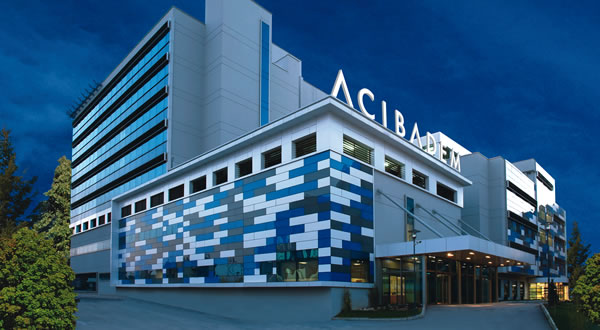
Review
- Part of the Acibadem Healthcare Group
- The radiation oncology department operates as a benchmark center for the Adana and Çukurova
- 3km from Adana Şakirpaşa Airport

Review
- Part of the Acibadem Healthcare Group
- State-of-the-art infrastructure and technology
- 43km from Esenboğa International Airport
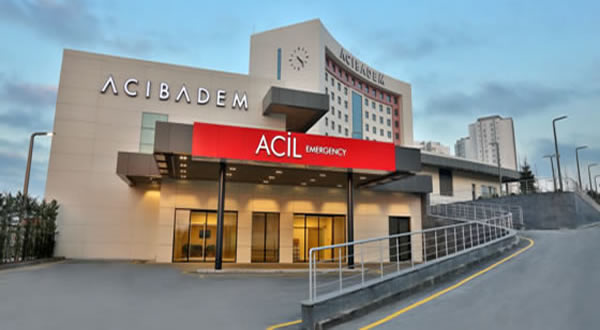
Review
- Part of the Acibadem Healthcare Group
- Has a strong focus on cardiology, nuclear medicine, and oncology
- 11km from Istanbul Ataturk Airport
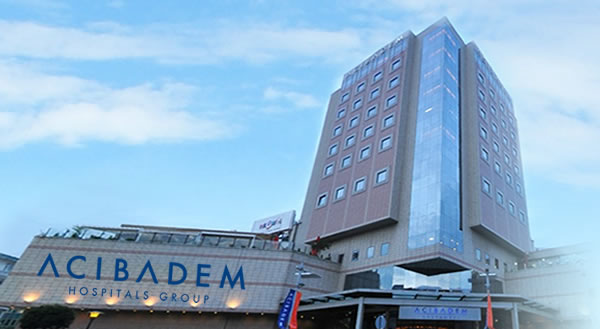
Review
- Part of the Acibadem Healthcare Group
- Has highly experienced staff in general surgery, orthopaedics, urology, pediatric cardiology, and brain surgery
- 8km from Istanbul Ataturk Airport

Review
- Part of the Acibadem Healthcare Group
- Experienced cardiology team
- 44km from Milas-Bodrum Airport
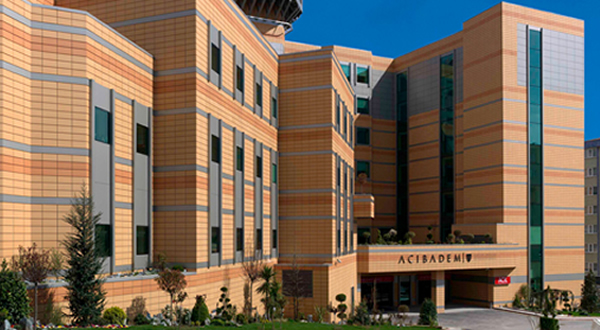
Review
- Part of the Acibadem Healthcare Group
- One of the most advanced Oncology and Radiotherapy Center in Bursa, Turkey
- 129km from Sabiha Gökçen International Airport

Review
- Part of the Acibadem Healthcare Group
- Strong focus on cardiology, oncology, orthopaedics and pediatrics
- 119km from Zafer Airport

Review
- Part of the Acibadem Healthcare Group
- Specializes in sports medicine, orthopaedics, physical therapy and traumatology
- 22km from Istanbul Ataturk Airport
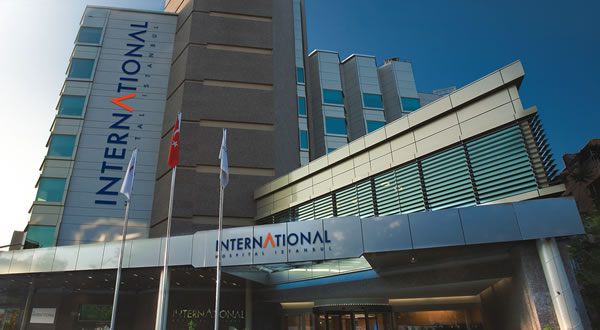
Review
- Part of the Acibadem Healthcare Group
- A world-class leading hospital renowned with foreign patients
- 7km from Istanbul Ataturk Airport
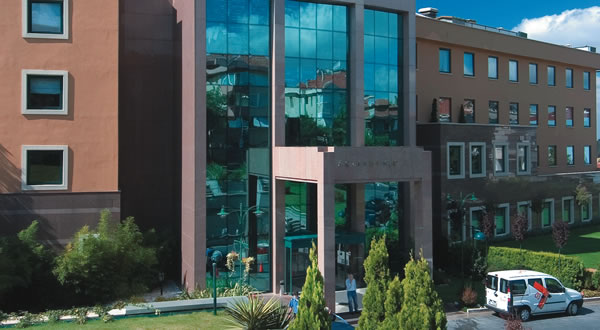
Review
- Part of the Acibadem Healthcare Group
- Specializes in IVF and risky pregnancies
- 32km from Istanbul Ataturk Airport

Review
- Part of the Acibadem Healthcare Group
- The Cancer reference center for the Central Anatolian Region in Turkey
- 6km from Erkilet International Airport

Review
- Part of the Acibadem Healthcare Group
- A reference center for childbirth in the Kocaeli and Gebze region of Turkey
- 69km from Istanbul Sabiha Gökçen Airport
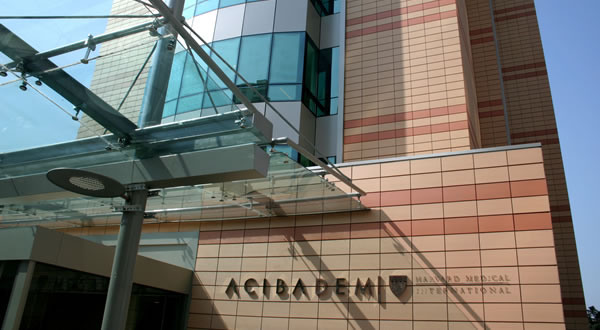
Review
- Part of the Acibadem Healthcare Group
- Specializes in neurological science and oncology
- 32km from Sabiha Gökçen International Airport
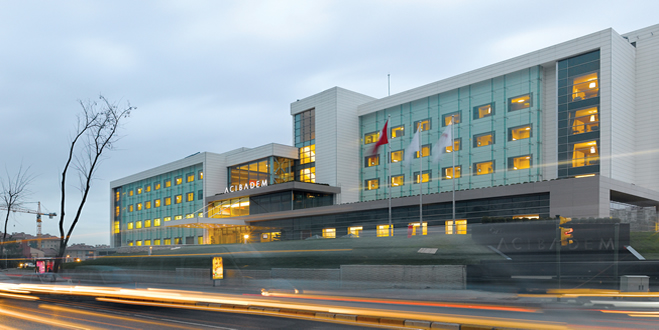
Review
- Part of the Acibadem Healthcare Group
- A reference center for cancer treatment
- 32km from Istanbul Ataturk Airport

Review
- Part of the Acibadem Healthcare Group
- Fully fledged hospital serving in all branches of medicine
- 20km from Istanbul Ataturk Airport
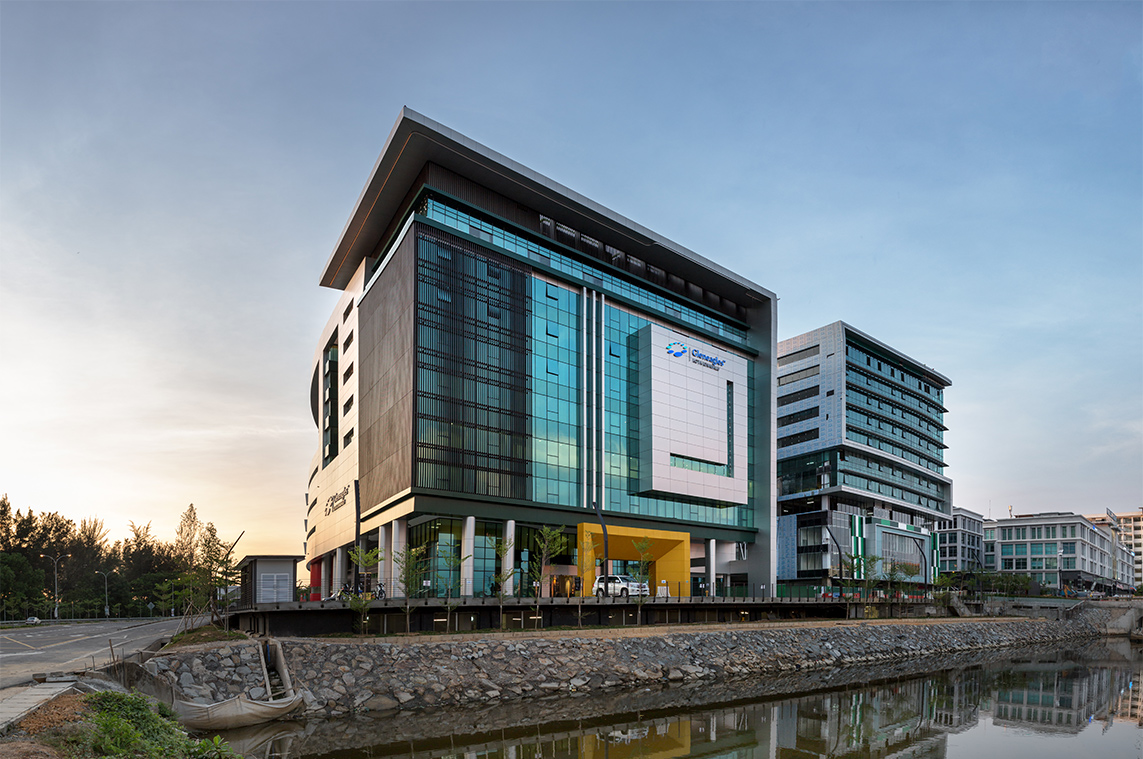
Review
- Part of the Parkway Pantai Limited group which treats approximately 14,000 international patients each year
- Equipped with a neonatal intensive care unit and a phototherapy facility for its little patients
- 7km from Kota Kinabalu International Airport
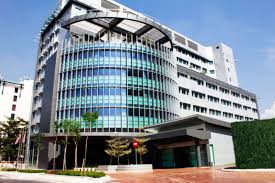
Review
- Part of the Parkway Pantai Limited group which treats approximately 14,000 international patients each year
- Home to the first Leksell Gamma Knife Perfexion in Malaysia
- 10km from Kuala Lumpur city centre
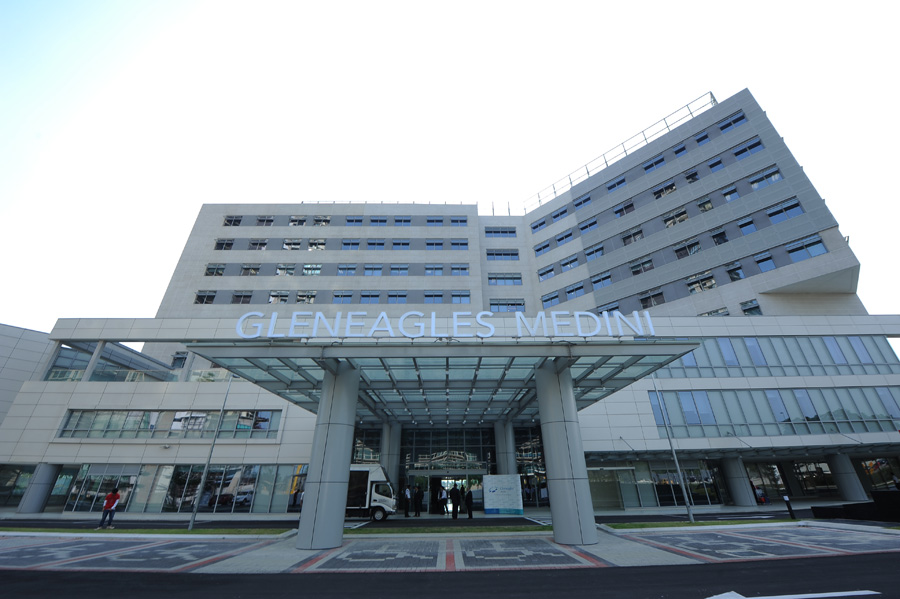
Review
- Part of the Parkway Pantai Limited group which treats approximately 14,000 international patients each year
- Specializes in Cardiology, Gyneacology and Obstetrics, and Orthopaedics.
- 18km from Johor Bahru city centre
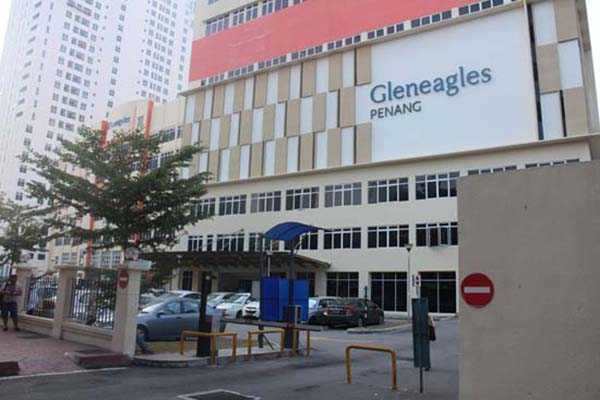
Review
- Part of the Parkway Pantai Limited group which treats approximately 14,000 international patients each year
- First private hospital in Penang
- 2km from George Town, Penang city centre
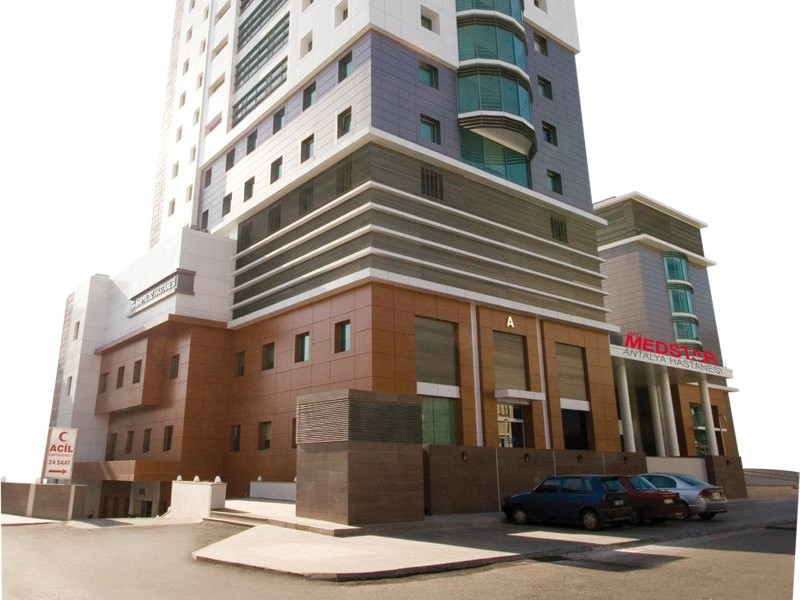
Review
- Part of the Memorial Hospital Group
- Specializes in cancer treatment – Medstar Chemotherapy and Arts Center
- 9km from Antalya Airport
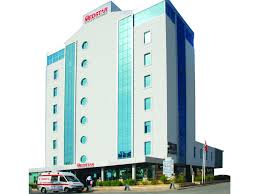
Review
- Part of the Memorial Hospital Group
- A multidisciplinary hospital specializing in Gynecology and Obstetrics, Pediatrics and Urology
- 11km from Antalya Airport

Review
- Part of the Memorial Hospital Group
- Has the most advanced medical technology in Turkey
- 35km from Ankara Esenboga Airport
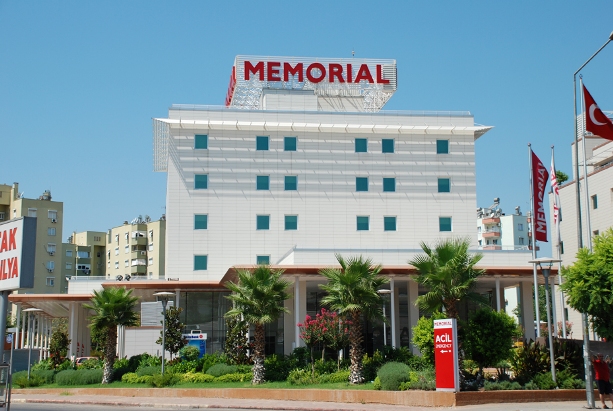
Review
- Part of the Memorial Hospital Group
- Specializes in IVF, bariatric surgery, hair transplant and plastic surgery
- 13km from Antalya Airport

Review
- Part of the Memorial Hospital Group
- Is a multidisciplinary hospital
- 37km from Istanbul Atatürk Airport

Review
- Part of the Memorial Hospital Group
- Offers world-class standard health care
- 5km from Diyarbakir Airport
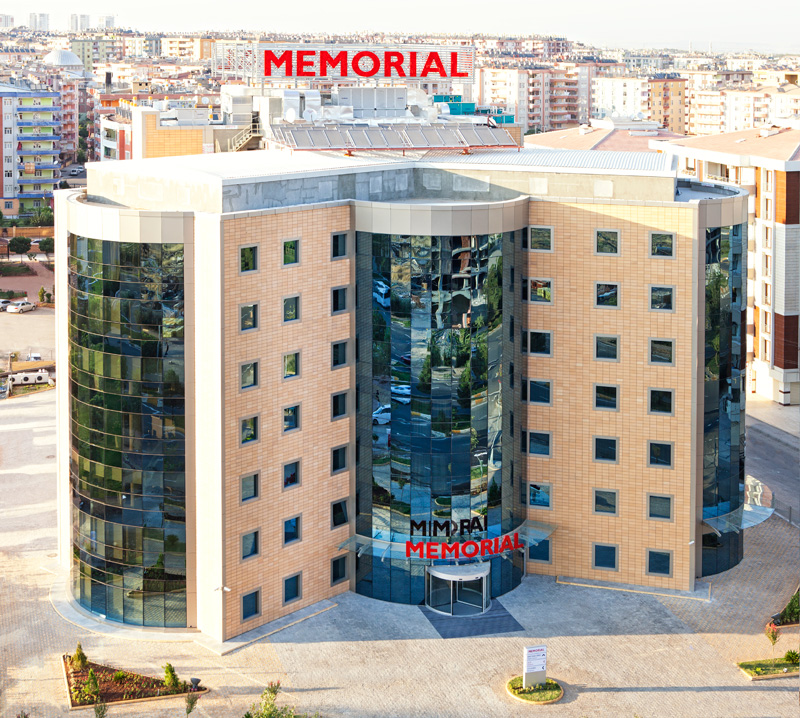
Review
- Part of the Memorial Hospital Group
- Offers world-class standard health care
- 7km from Diyarbakir Airport
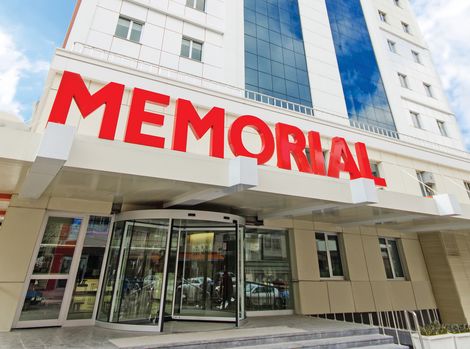
Review
- Part of the Memorial Hospital Group
- The hospital’s Kayseri IVF center serves as a reference center for IVF globally
- 5km from Kayseri Erkilet Airport
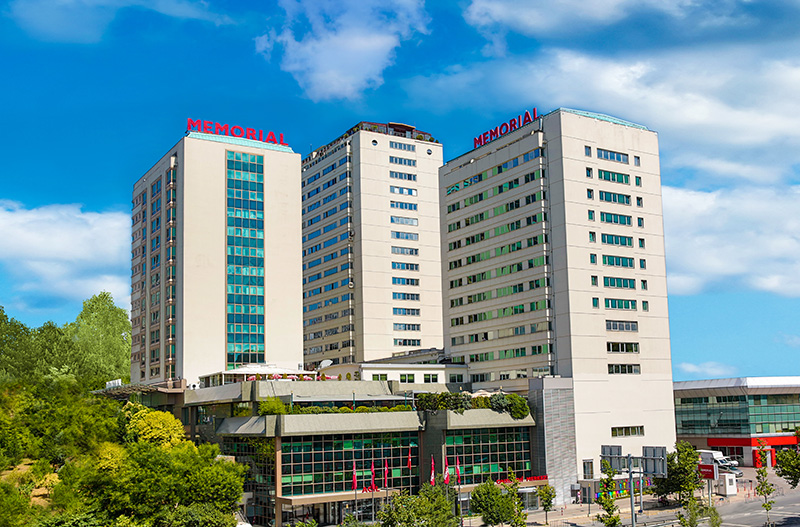
Review
- Part of the Memorial Hospital Group
- Prestigious reputation in cardiology, organ transplantation, IVF and genetics
- 23km from Istanbul Atatürk Airport
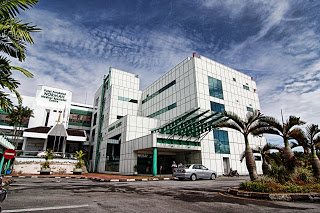
Review
- The first private hospital in Borneo to be granted the prestigious JCI accreditation
- Operates as a not-for-profit organization
- 16km from Kuching International Airport
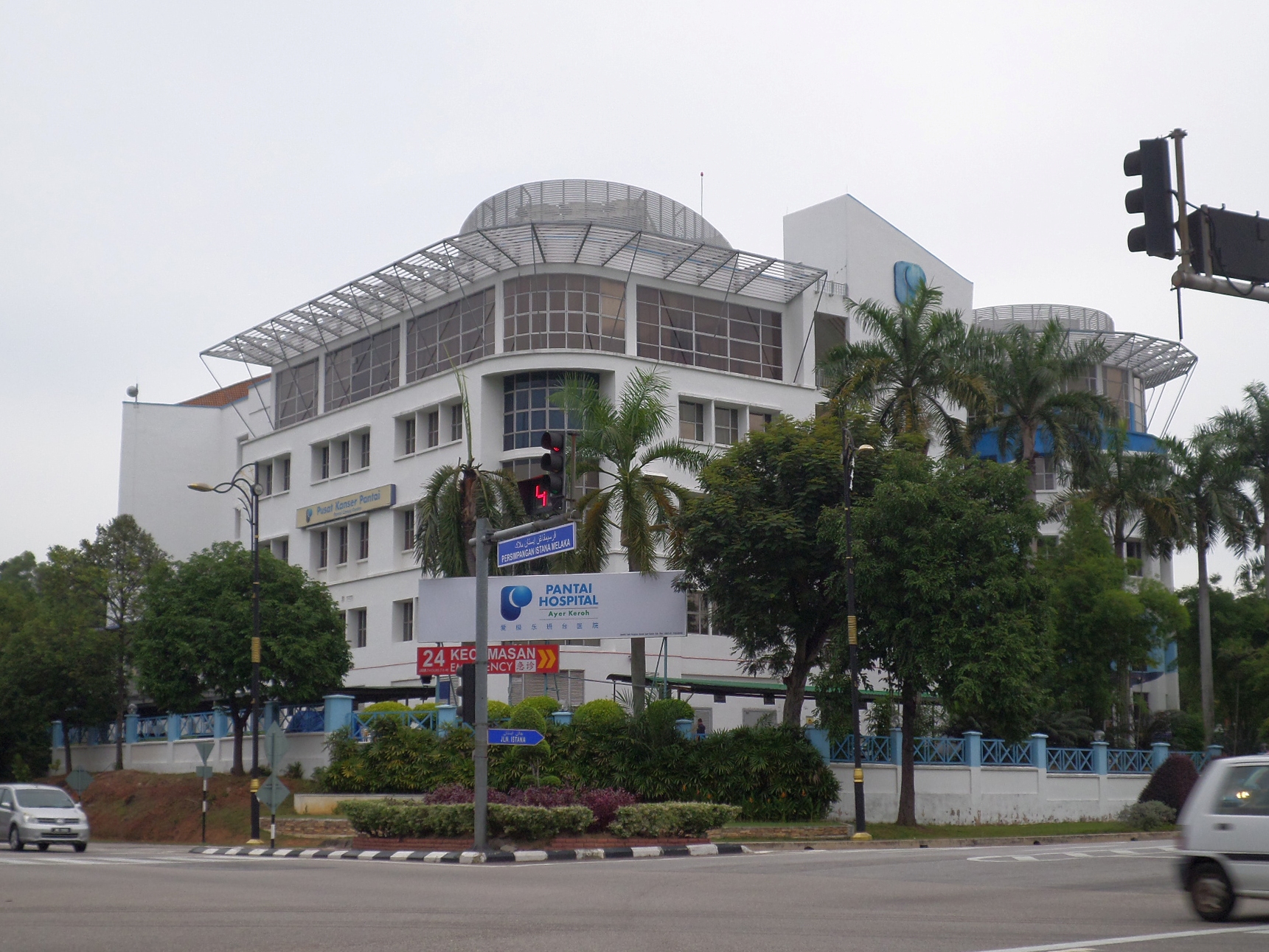
Review
- Part of the Parkway Pantai Limited group which treats approximately 14,000 international patients each year
- Has a team of surgeons, radiotherapists, specialty nurses and counsellors that can provide a holistic care environment for patients
- 9km from Melacca city centre
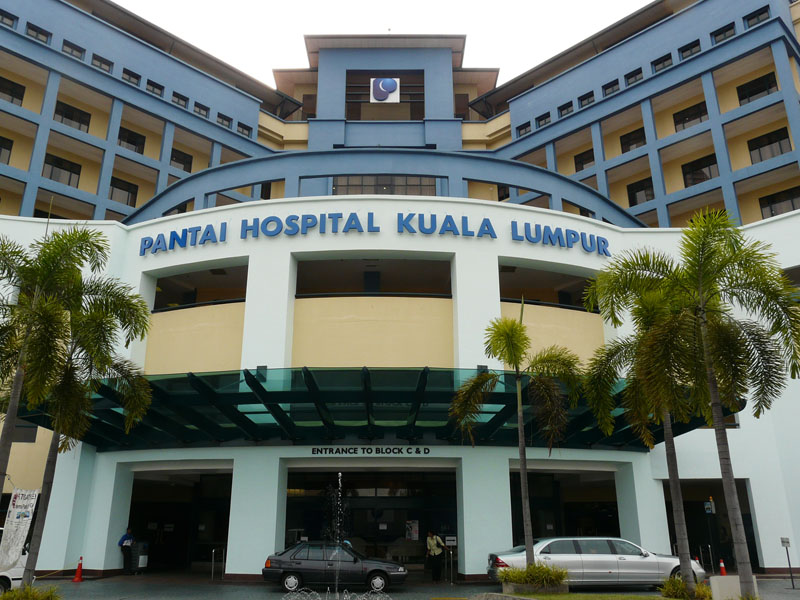
Review
- Part of the Parkway Pantai Limited group which treats approximately 14,000 international patients each year
- The hospital has a specialist Cancer Institute, Breast Care Centre, Eye Centre, Hand and Upper Limb Centre, Spine and Joint Centre, and Heart Centre
- 8km from Kuala Lumpur city centre
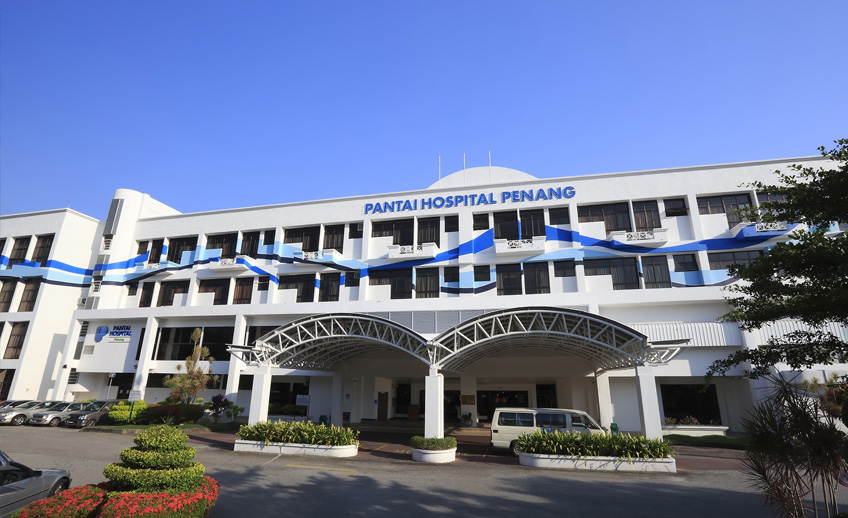
Review
- Part of the Parkway Pantai Limited group which treats approximately 14,000 international patients each year
- Has a specialist centre for the treatment of stroke
- 5km from Penang International Airport
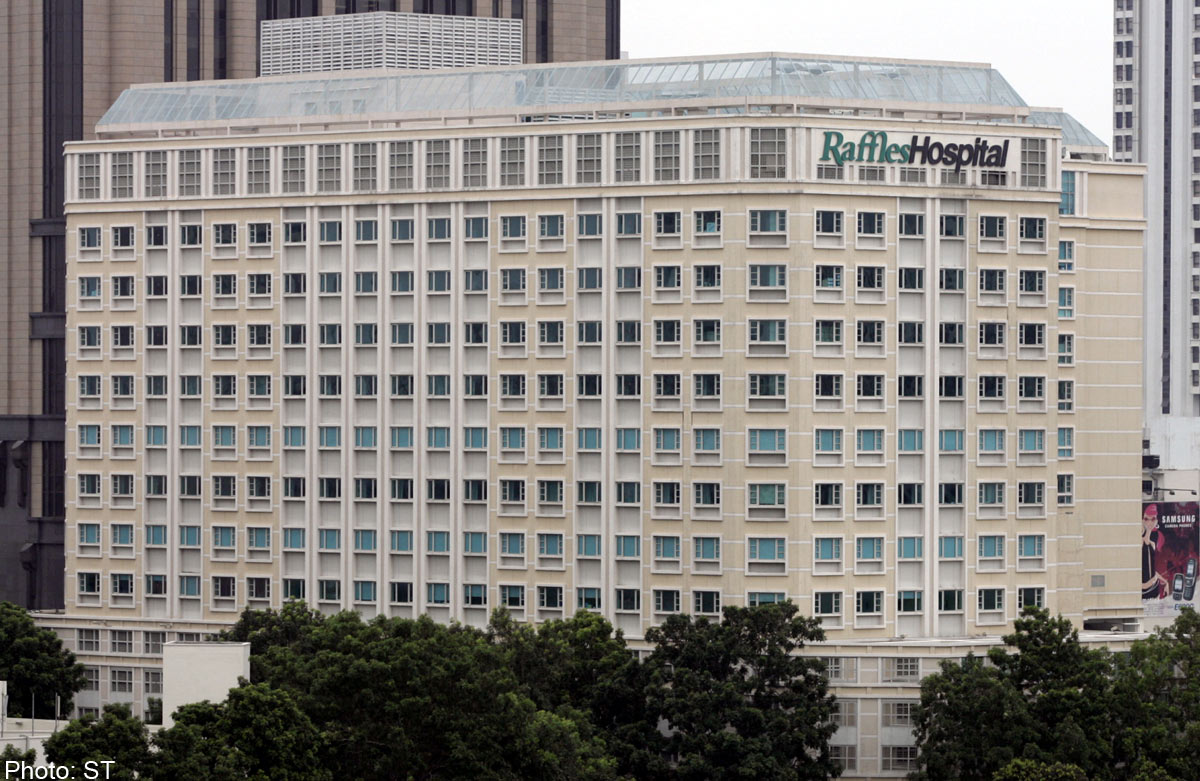
Review
- Part of the Raffles Medical Group
- Practise high standards in patient care
- 19km from Singapore Changi Airport
FAQs
How much does IVF cost?
The price for an IVF treatment varies. With the IVF providers we work with, the price starts from AUD$3,255.
Is IVF guaranteed? Can my IVF treatment fail?
It is impossible to guarantee that any IVF treatment will be effective. Most patients require several cycles of IVF treatment before they are able to conceive. IVF is a very complex process that involves a number of variables that are difficult to predict.
What are the success rates for IVF?
The success rates vary across IVF clinics, procedures, with the woman’s age, and any underlying fertility issues. A report by IVF Australia has success rates ranging from 40.1% per embryo transfer leading to a live birth for patients under 30-years, to 8.5% per embryo transfer leading to a live birth for patients over 40-years. These statistics do not include any additional embryo transfers that may have eventuated from that IVF treatment cycle.
Are there any legal restrictions or requirements with IVF across various countries?
Yes, with many countries there are legal restrictions when it comes to being eligible for IVF. Below are some examples:
Greece
- No restriction on same-sex couples or on singles
- Egg and sperm donation is allowable
- Only altruistic surrogacy is allowed – meaning that the surrogates are only allowed to be reimbursed for legal expenses, administrative and medical procedures, expenses related to the surrogate’s daily personal needs for the duration of pregnancy, legal compensation for lost income, and other losses that the surrogate might incur during the pregnancy. However, the surrogate mother is not allowed to be paid for her surrogacy services.
India
- No restriction on same-sex couples or on singles
- Egg and sperm donation is allowable
- Surrogacy is permitted in India
Mexico
- No restriction on same-sex couples or on singles
- Egg and sperm donation is allowable
- Surrogacy is permitted in Mexico – only heterosexual couples who are Mexican citizens will be allowed to participate in surrogacy arrangements in Mexico. Foreigners (including LGBT singles and couples) are RESTRICTED from surrogacy in Mexico.
Thailand
- No restriction on same-sex couples or on singles
- Egg and sperm donation is allowable and there is a much shorter waitlist than in other parts of the world
- Surrogacy is not permitted in Thailand
Turkey
- Same-sex couples and singles are not eligible for IVF treatment
- Egg and sperm donation is not an option in Turkey
- Surrogacy is not permitted in Turkey
- Gender Selection is not permitted, except where it determines that one gender would have a disproportionate chance of a genetic illness
What risks and/or side effects are there with IVF?
- Infection
- Bleeding
- Breast tenderness
- Slight nausea
- Dizziness
- Slight abdominal swelling
- Multiple births
- Ectopic pregnancy
- Miscarriage
- Ovarian hyperstimulation syndrome (OHSS).
There may be other potential risks involved when undergoing an In Vitro Fertilization (IVF) treatment. Please discuss them further with your fertility specialist.
What causes infertility?
Infertility problems can be caused by conditions such as endometriosis, low sperm count, problems with ovulation, or problems with the fallopian tubes or uterus. Stress and a poor diet and lifestyle can also affect your chances of getting pregnant.





